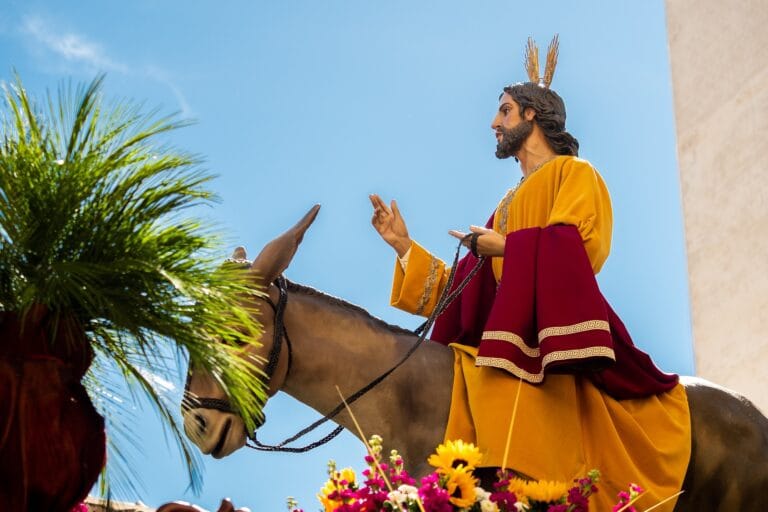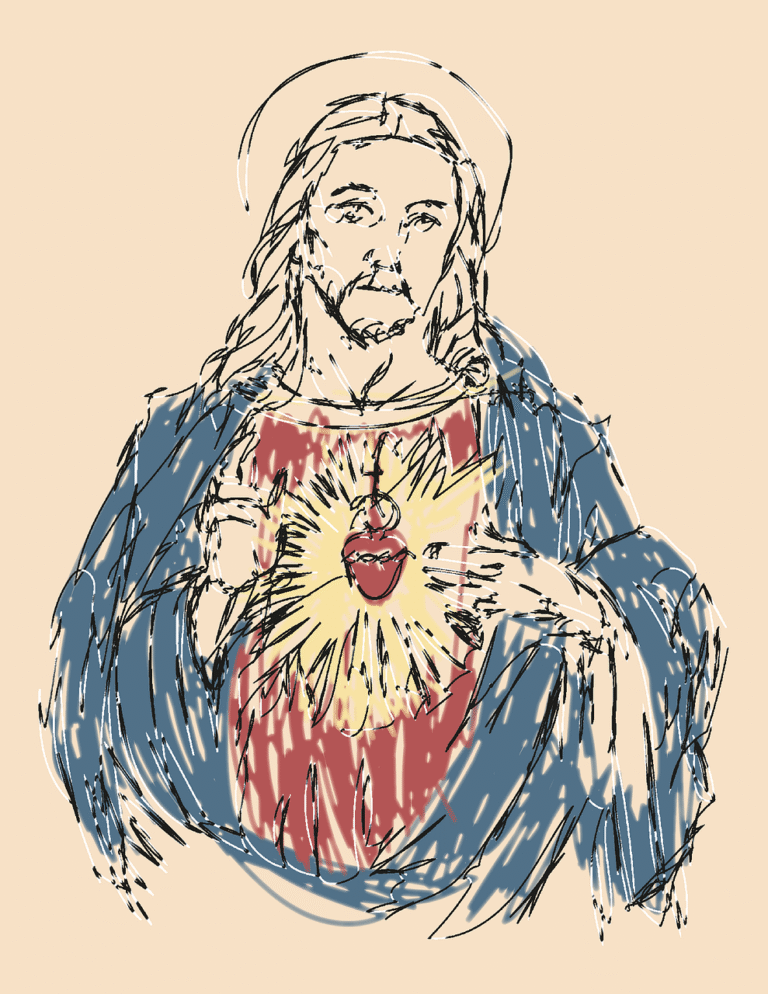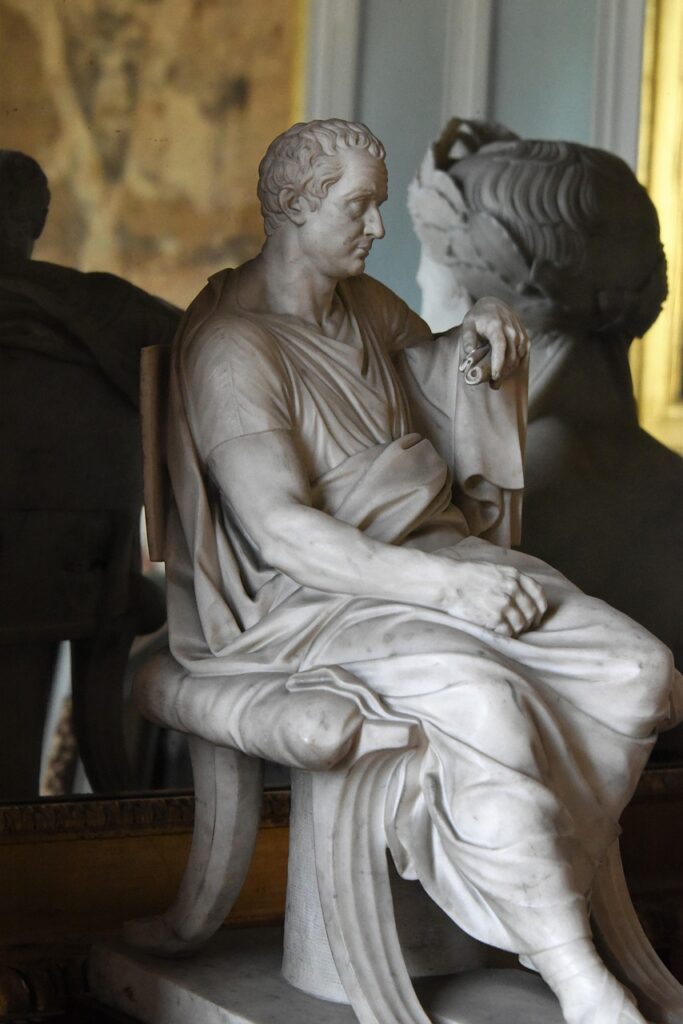
Pontius Pilate, the Roman governor who authorized the crucifixion of Jesus Christ, has been a figure of immense debate over the centuries. Many wonder whether he was forgiven for his role in this pivotal event in Christian history. This article delves into Pilate’s actions, the historical context, and theological interpretations to explore the complex question of forgiveness.
Historical Context of Pontius Pilate
Pontius Pilate served as the Roman governor of Judea from AD 26 to 36. His tenure was marked by political unrest and tensions between the Roman Empire and the Jewish populace. Pilate was known for his harsh governance, which included the use of force to maintain order. The backdrop of his rule was filled with political machinations, religious strife, and social upheaval.
The trial of Jesus occurred during the Jewish festival of Passover, a time when Jerusalem swelled with visitors. This heightened the political stakes for Pilate, as any unrest could lead to dire consequences for him in the eyes of the Roman authorities. Faced with a tumultuous situation, Pilate found himself in a challenging position, trying to balance his loyalty to Rome and the demands of the local populace.
When Jesus was brought before him, Pilate was already aware of the tensions surrounding the figure of Christ. The Jewish leaders sought his execution, but Pilate was reluctant. He even stated he found no fault in Jesus, indicating his internal conflict about the situation. This hesitation set the stage for a complex interplay between political expediency and moral judgment.
Pilate’s Role in the Trial of Jesus
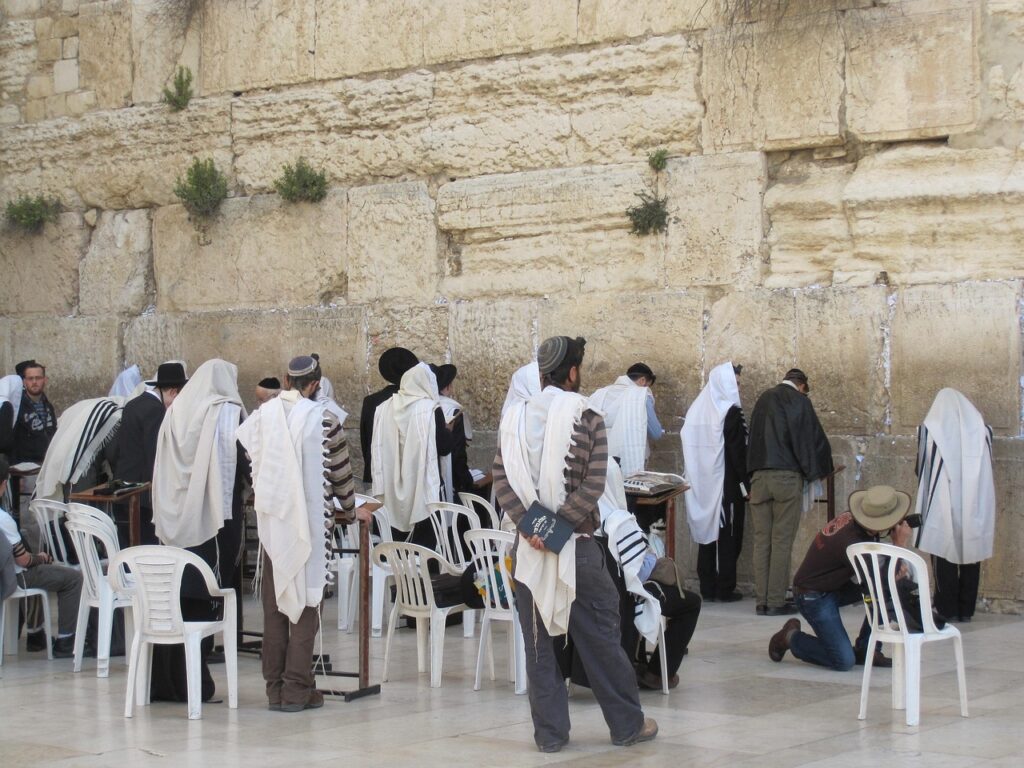
The trial of Jesus unfolded in a politically charged atmosphere. The Jewish leaders accused Jesus of blasphemy and claiming to be the King of the Jews, which directly challenged Roman authority. Pilate’s role was not just that of a judge but also of a political actor trying to maintain order. He had to weigh the potential backlash from the Jewish authorities against the implications of executing an innocent man.
In the Gospels, Pilate’s interactions with Jesus reveal a sense of ambivalence. He asked Jesus questions, seemingly intrigued by his responses, and even sought to release him, offering to free a prisoner as part of the Passover tradition. However, the crowd demanded Barabbas, a convicted criminal, instead of Jesus. This choice put Pilate in a precarious position.
Despite his initial reluctance, Pilate ultimately succumbed to the pressure from the crowd and the Jewish leaders. He famously washed his hands in front of the crowd, declaring himself innocent of Jesus’ blood. This act symbolized both his moral conflict and his desire to distance himself from the consequences of his decision. However, it also raised questions about his accountability for the actions that followed.
Theological Interpretations of Forgiveness
The question of whether Pontius Pilate was forgiven for his role in Jesus’ death extends into the realm of theology. Many Christian denominations view forgiveness as an integral part of faith, emphasizing that all sins can be forgiven if one genuinely repents. However, the narrative surrounding Pilate is complex and raises questions about his awareness and intent.
Some theologians argue that Pilate’s actions were driven by political necessity rather than personal malice. They suggest that, in a sense, he was a pawn in a larger divine plan. This perspective posits that Pilate, like many others involved in the crucifixion, played a necessary role in fulfilling biblical prophecy regarding Jesus’ death and resurrection.
Others contend that Pilate’s failure to act on his moral convictions means he bears responsibility for his actions. His decision to prioritize political expediency over justice has led some Christian teachings to view him unfavorably. The Gospel of Matthew even implies that Pilate’s wife had a dream warning him against condemning Jesus, which adds another layer of complexity to his moral standing.
Historical Views on Pilate’s Legacy
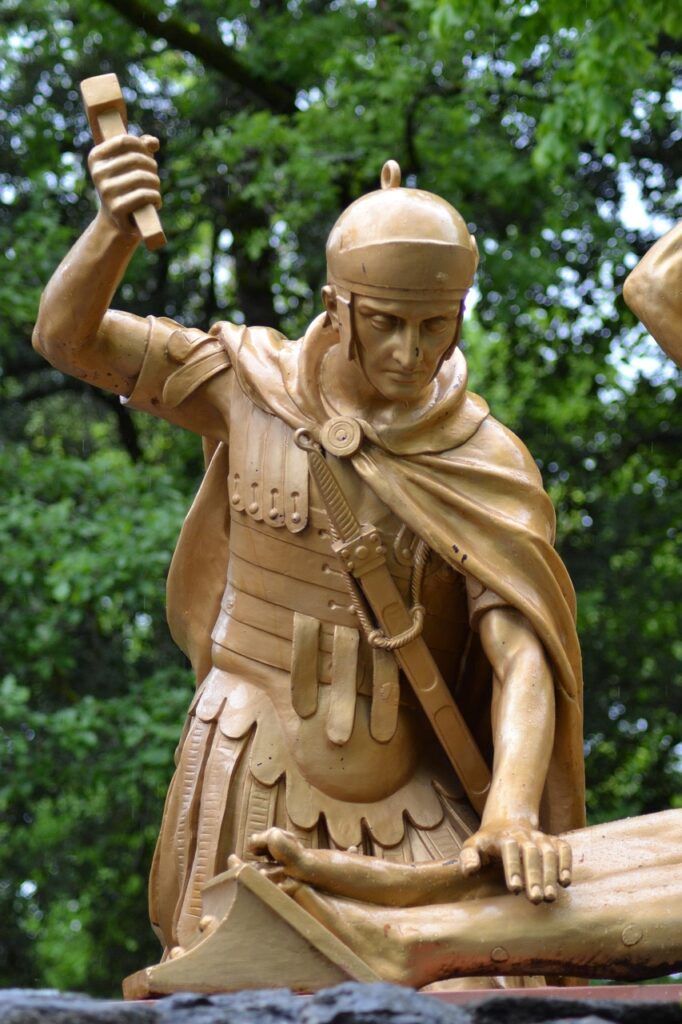
Throughout history, views on Pilate have varied significantly. In early Christian writings, he was often portrayed as a figure of cowardice who capitulated to pressure, leading to the death of an innocent man. Over time, some traditions have sought to rehabilitate his image, suggesting that he was a conflicted individual caught between the demands of his office and his moral compass.
In medieval art and literature, Pilate was frequently depicted as a villain, embodying the archetype of a weak leader who betrays justice. However, the Renaissance and later movements began to complicate this narrative, presenting him more as a tragic figure who was ultimately overwhelmed by the forces around him.
Modern scholarship continues to analyze Pilate’s role, often emphasizing the political context of his actions. This approach seeks to understand him not as a one-dimensional character but as a product of his time, grappling with the complexities of governance and morality.
Philosophical Considerations of Accountability
The discussion surrounding Pilate also invites philosophical considerations about accountability and moral responsibility. If one acts under duress or in a position of extreme pressure, to what extent can they be held accountable for their actions? This question resonates not only in the context of Pilate but also in contemporary discussions about ethical behavior in difficult situations.
Philosophers have long debated the nature of free will, coercion, and moral responsibility. In Pilate’s case, while he ultimately made the decision to condemn Jesus, his context raises questions about the freedom of his choice. Was he a willing participant in injustice, or a reluctant executor of a political mandate?
These philosophical inquiries can help frame the discussion of forgiveness. If forgiveness requires genuine repentance and understanding of one’s actions, can Pilate, acting under duress, ever reach that point? Understanding his motivations and limitations is crucial when considering the broader implications of forgiveness and accountability.
Modern Interpretations of Pilate’s Actions
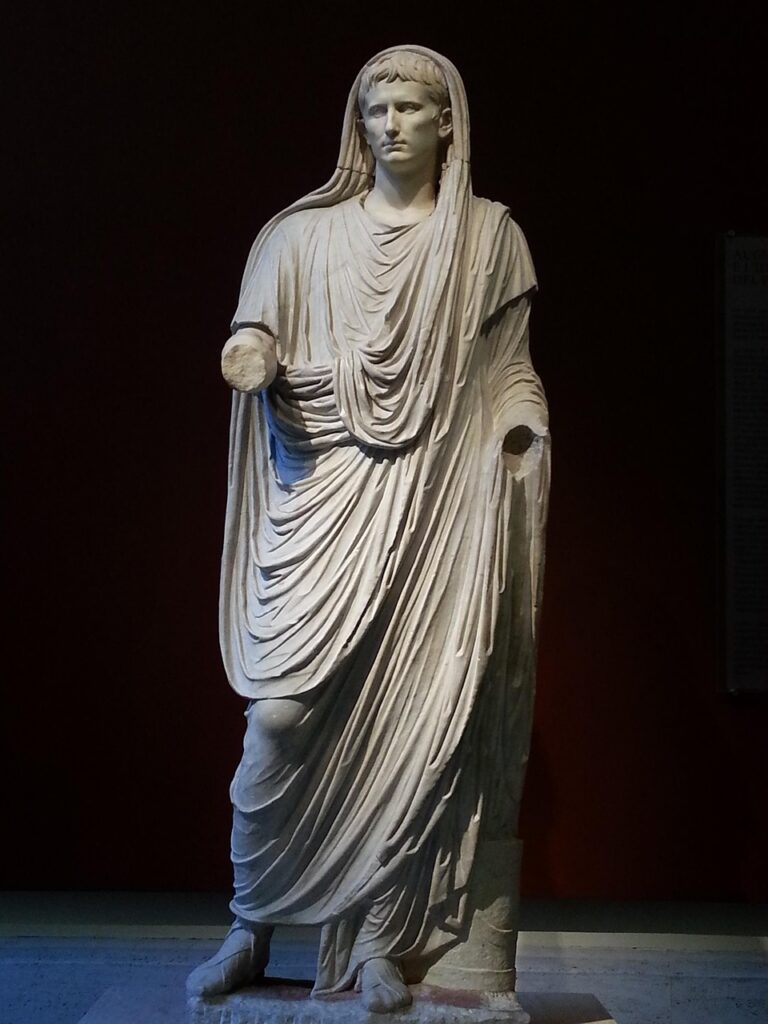
In contemporary theology and philosophy, Pilate’s actions continue to be a topic of discussion. Many modern readers of the Bible grapple with the implications of his decisions and how they relate to issues of justice and moral responsibility today. The overarching theme is one of caution against the dangers of inaction in the face of injustice.
In many ways, Pilate serves as a reminder of the human tendency to prioritize self-preservation over moral duty. His story encourages individuals to reflect on their own choices and the potential consequences of failing to act when they encounter injustice. This reflection is crucial in a world where moral dilemmas are often complex and multifaceted.
Moreover, Pilate’s actions prompt questions about the role of authority figures in society. How should leaders navigate the tension between political obligations and ethical responsibilities? What lessons can modern leaders learn from Pilate’s story? These questions remain relevant as society continues to confront issues of justice, governance, and moral integrity.
Conclusion
The question of whether Pontius Pilate was forgiven for his role in Jesus’ death is not easily answered. His actions were influenced by a complex web of political pressures and personal convictions. While some perspectives suggest that his role was necessary for the fulfillment of prophecy, others emphasize his moral failings and the consequences of his decisions.
Ultimately, Pilate’s story serves as a powerful reminder of the complexities of human nature, the struggle between duty and morality, and the ongoing quest for understanding forgiveness. Whether viewed through a historical, theological, or philosophical lens, Pilate remains a figure who challenges us to reflect on our own choices and the impact they have on the world around us.
FAQs
1. What were the main reasons for Jesus’ crucifixion?
Jesus was crucified primarily due to charges of blasphemy and claiming to be a king, which threatened both the Jewish religious authorities and Roman political stability.
2. How did Pilate’s actions influence Christian theology?
Pilate’s actions are often discussed in theological contexts regarding guilt, responsibility, and the nature of forgiveness, influencing interpretations of justice and morality in Christian teachings.
3. How has Pilate been portrayed in different cultures?
Pilate has been portrayed in various ways, from a cowardly villain in early Christian writings to a more nuanced figure in modern interpretations, reflecting the complexities of his role.
4. What lessons can be learned from Pilate’s story?
Pilate’s story teaches about the dangers of inaction in the face of injustice, the complexities of moral decision-making, and the importance of standing up for what is right.
5. Are there any historical accounts outside the Bible regarding Pilate?
Yes, historical accounts from sources like Josephus and Tacitus provide additional context about Pilate’s governance and his role in the events surrounding Jesus’ crucifixion, though they are sparse.


